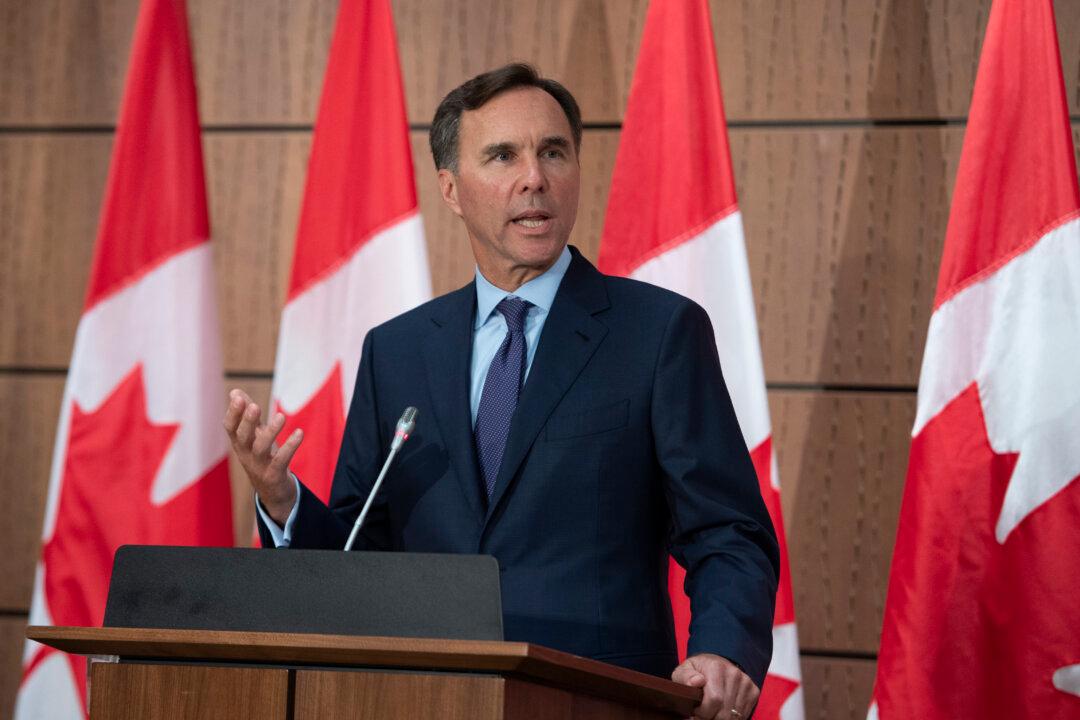Former finance minister Bill Morneau says he is concerned about Canada’s future, while criticizing the federal government for favouring short-term political goals in their economic policies that he says run counter to the betterment of the country.
In his first speech since leaving politics, Morneau, who was finance minister in the Liberal government from 2015 to 2020, said Canada could pay a high economic price if the government continues to implement tax-and-spend initiatives.





